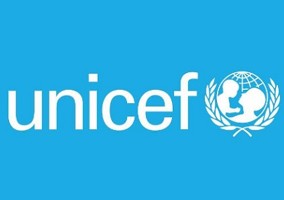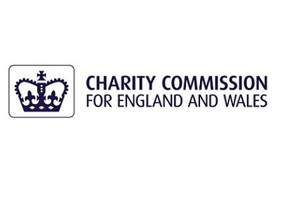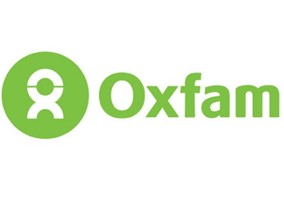International aid charities should be stripped of government funding if they cannot keep people safe from sexual abuse, the Charity Commission has said.
Helen Stephenson, chief executive of the regulator, told MPs yesterday that safeguarding should be a “number one priority” for global development organisations, and that charities should face consequences if they fail to protect beneficiaries from harm.
Stephenson was giving evidence to Parliament’s International Development Committee, two weeks after the latest allegations that men working for international charities including Oxfam had targeted women in the Democratic Republic of Congo (DRC) with offers of jobs in exchange for sex.
Fundamental concerns
Stephenson said that the Charity Commission believes keeping people safe, inside and outside the UK, is “a number one priority” for all charities.
She added: “It [strong safeguarding procedures] is not a ‘nice-to-have’ administrative overhead, it is an essential part of being a charity. People expect people who are cared for by charities to be safe from harm.
“I think, particularly for charities working internationally, that if charities cannot keep people safe then they should not be in receipt of overseas aid. It is that fundamental to me.”
In previous written evidence to the committee, the regulator emphasised that safeguarding obligations “remain essential” at all charities, regardless of financial pressures resulting from Covid-19.
Oxfam has referred itself to the Commission
The Charity Commission also revealed that Oxfam had reported itself to the regulator before the most recent allegations became public.
Harvey Grenville, a senior technical adviser to the Charity Commission, said that the charity “reported to us before these matters were publicised in the media, so that shows that their systems had advanced, and I think they have been able to demonstrate as well as much more comprehensive and effective response to such issues when they arose”.
Oxfam GB was heavily criticised in 2019 for withholding some details from the regulator about alleged sexual abuse by its staff during the charity’s work in Haiti.
Serious incidents
Grenville also discussed eight serious incidents in the DRC recently reported to the Commission.
He said that the allegations “include serious sexual assault, the exchange of jobs or money for sex and sexual harassment”.
Grenville added: “We are also engaged individually with the charities to make sure we are satisfied that they are handling the allegations seriously.
“As with all our serious incident casework, we work with each charity and if we are not adequately satisfied that they are gripping the issue we will take robust action.”
He stressed that some of this work was highly complex, as the alleged perpetrators included local nationals as well as staff employed directly by western charities.
Dozens of open inquiries at UNICEF
Hannan Sulieman, the assistant secretary general of UNICEF, was asked by the committee about the number of cases where her charity was taking action on sexual abuse and harassment allegations.
She said: “Since 2017 we have had six personnel who have been terminated."
Data shared by UNICEF after the committee hearing shows that the charity is currently investigating 31 cases in total. One relates to a member of UNICEF staff and 30 to staff at partner organisations.
UNICEF UK is also currently subject to an independent investigation into allegations that its chair of trustees, former Labour minister Douglas Alexander, had bullied chief executive Sacha Deshmukh.
Deshmukh quit the charity last month after accusing the board of failing to act when he raised concerns about bullying.
Editorial note: This article was updated to add extra information about the Charity Commission's evidence and to include the latest data from UNICEF on its handling of abuse allegations.
Related articles











